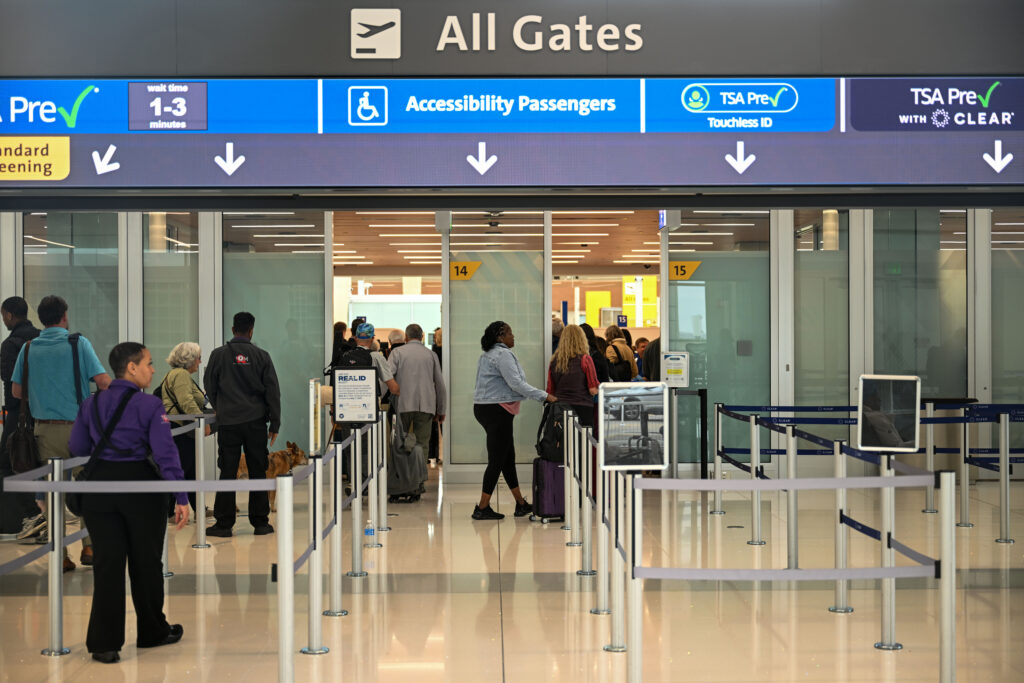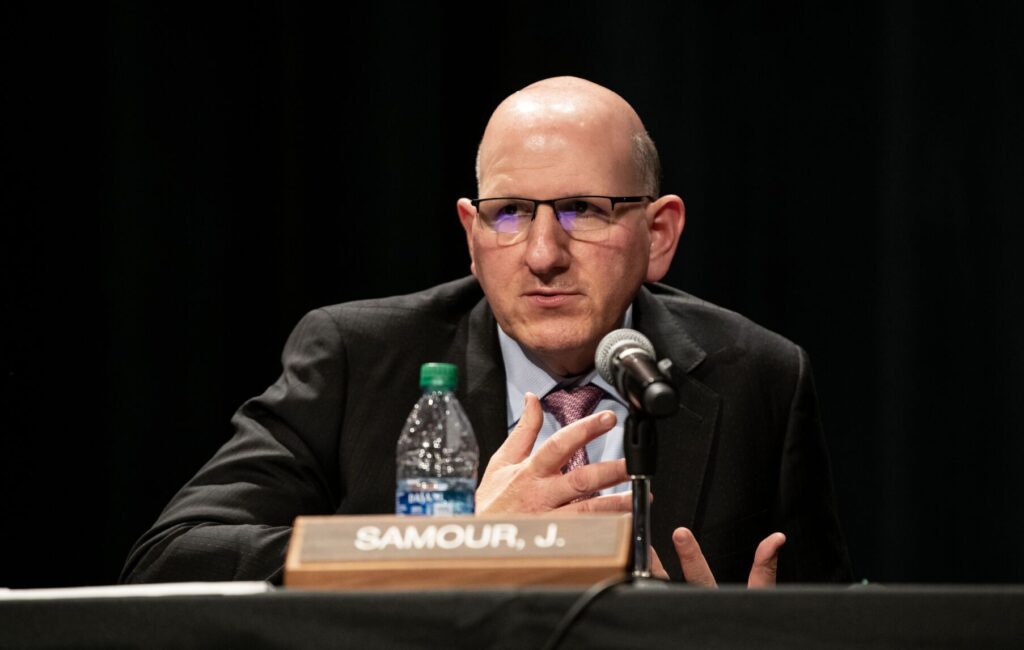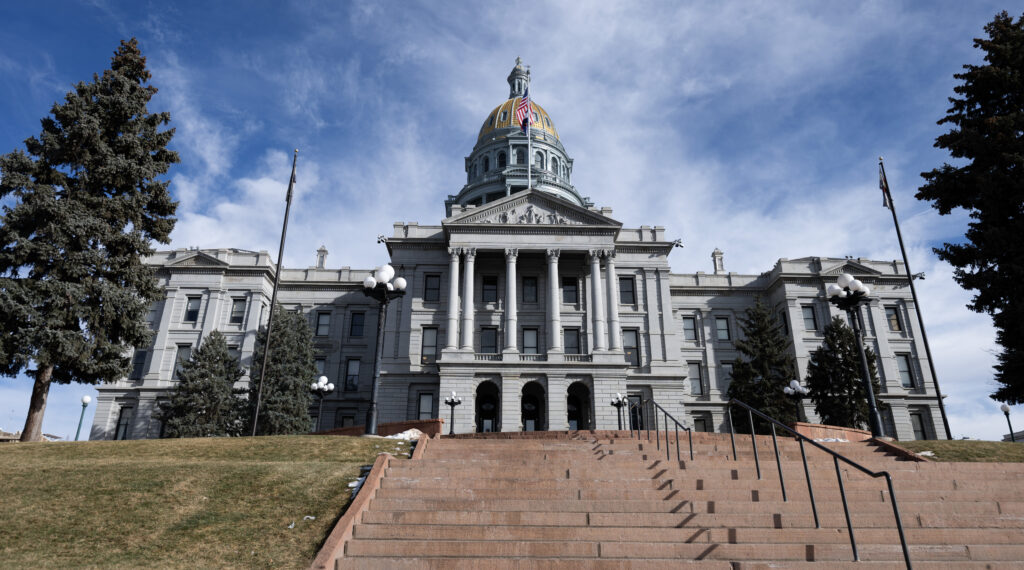Civil rights division bill could go by the wayside in session’s final days

With just over 36 hours to go in the 2018 legislative session, one issue that has yet to be resolved is what happens to Colorado’s Division of Civil Rights and Colorado Civil Rights Commission.
On April 30, the Senate passed its version of House Bill 1256, which drew immediate criticism from House Democrats and Gov. John Hickenlooper. The Senate amended the bill to change the commission’s appointment structure and added two more members to the nine-member body. The governor would appoint five members; legislative leaders would name the other four. Both the House and the governor said the changes politicized the commission in an unacceptable way.
A conference committee was appointed on May 3 but has yet to meet. Democrats, as it turns out, don’t appear to be really pushing it.
That’s for a couple of reasons:
A 2019 bill could include the changes recommended by the sunset review conducted by the Department of Regulatory Agencies. The biggest change was an increase in the fines levied by the commission for civil rights violations.
Currently, fines are capped at $500 per violation, a rate set in 1921. The sunset review suggested updating the fines to $5,000 for the first violation, $10,000 for the second and up to $25,000 for a third and subsequent violation. While the original version of the bill introduced last February included the updated fine structure, the House Judiciary Committee stripped out everything but the basic reauthorization of the agency for another nine years, which became known as the “clean” version of the bill and was sent to the Senate.
But there’s more: Democratic Rep. Mike Weissman of Aurora reviewed civil rights agencies in other states and came up with a couple of additional ways the division and commission could be improved. He told Colorado Politics the division could have field offices in cities other than Denver, such as Greeley or Pueblo, given that not everyone can always make it up to Denver. That’s happened before, he said.
The agency could also take on other forms of discrimination that civil rights agencies deal with in other states, such as discrimination in debt collecting, consumer credit or insurance, he said.
That’s what’s at stake going into the last 36 hours of the session for Republicans: Pass a version of the bill that’s acceptable to House Democrats or gamble that Republicans can hold their razor-thin one-seat margin in the state Senate in November. Lawmakers on both sides publicly maintain that they’re still talking and attempting to work out a compromise.
Republican Rep. Dave Williams of Colorado Springs is one of three Republicans on the conference committee that is supposed to work out the compromise. He told Colorado Politics that he is disappointed that House Democrats would play political games with the civil rights agency. It’s brinksmanship, Williams said, “and Democrats do it at their own peril.”
The Centennial Institute at Colorado Christian University weighed in Tuesday on the compromise. Calling the agency “heavy-handed,” Institute Director Jeff Hunt said that “radical, agenda-driven leftists have used the Colorado Civil Rights Commission to penalize people of faith, including Christian business owners, instead of protecting the rights of all.” Hunt applauded the Senate version of House Bill 1256 and asked House Democrats to support it. The commission should serve all Coloradans, “and not be a tool to drive a particular liberal agenda that harms people of faith,” Hunt said. Colorado Family Action also issued a statement on Tuesday, demanding the House support the Senate amendments.













